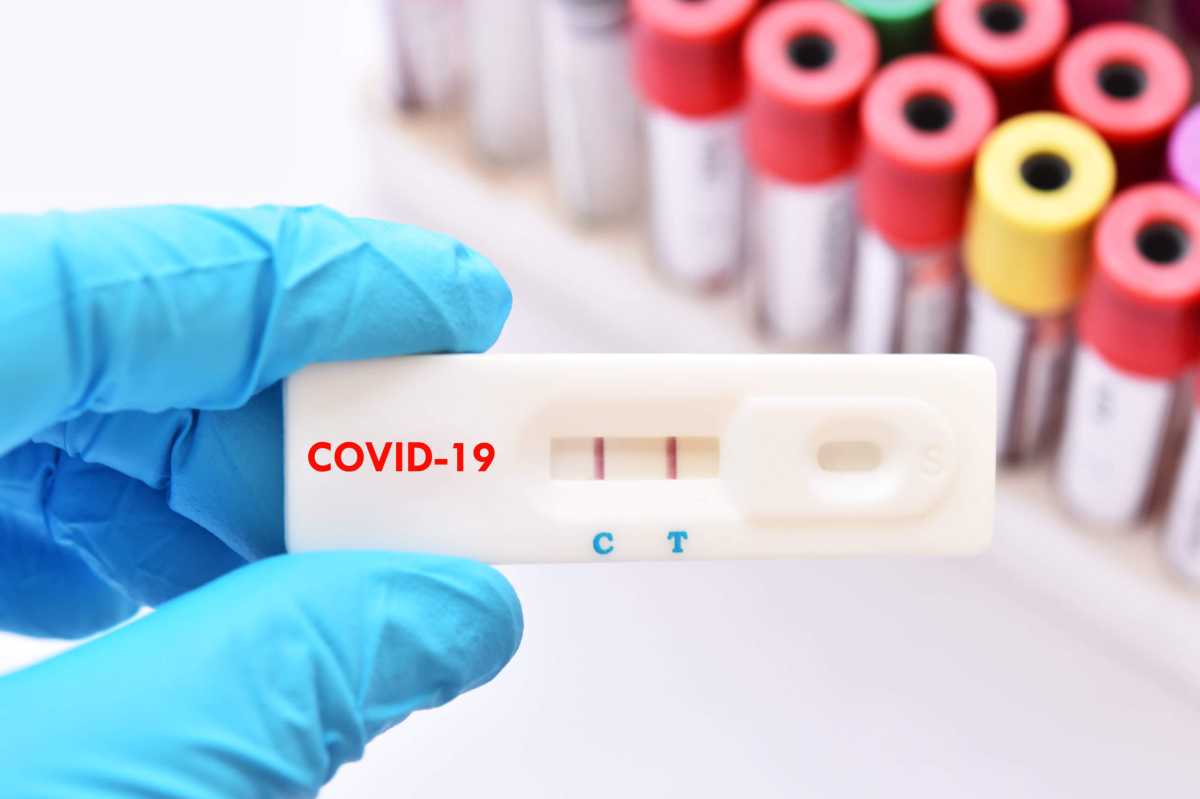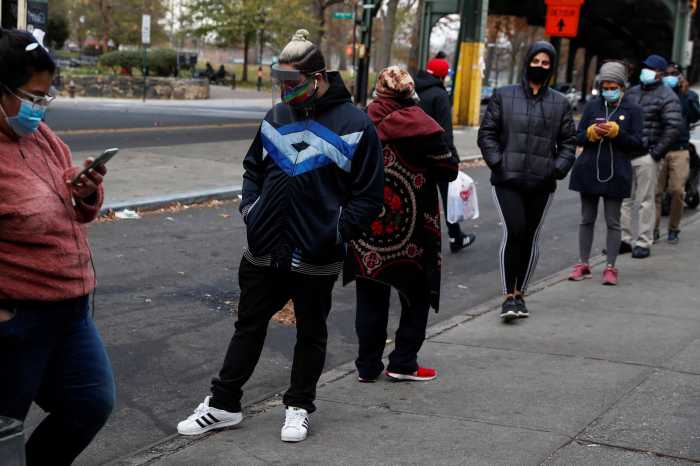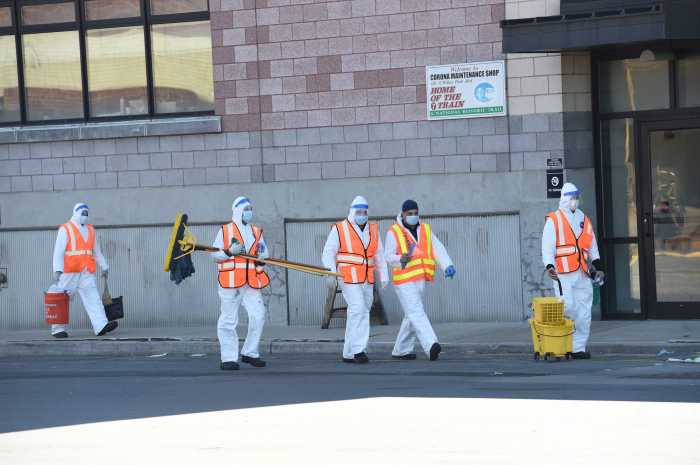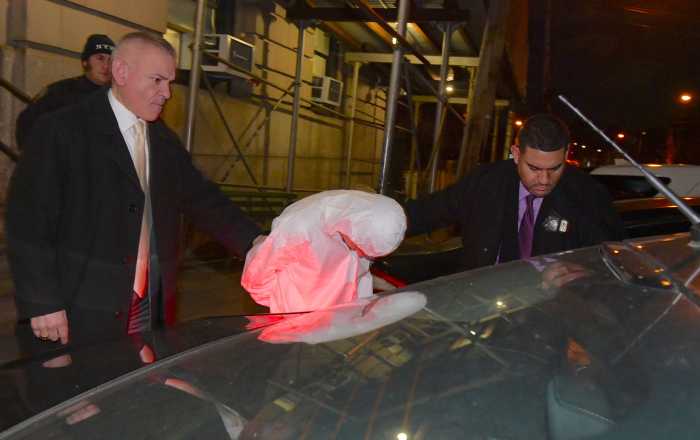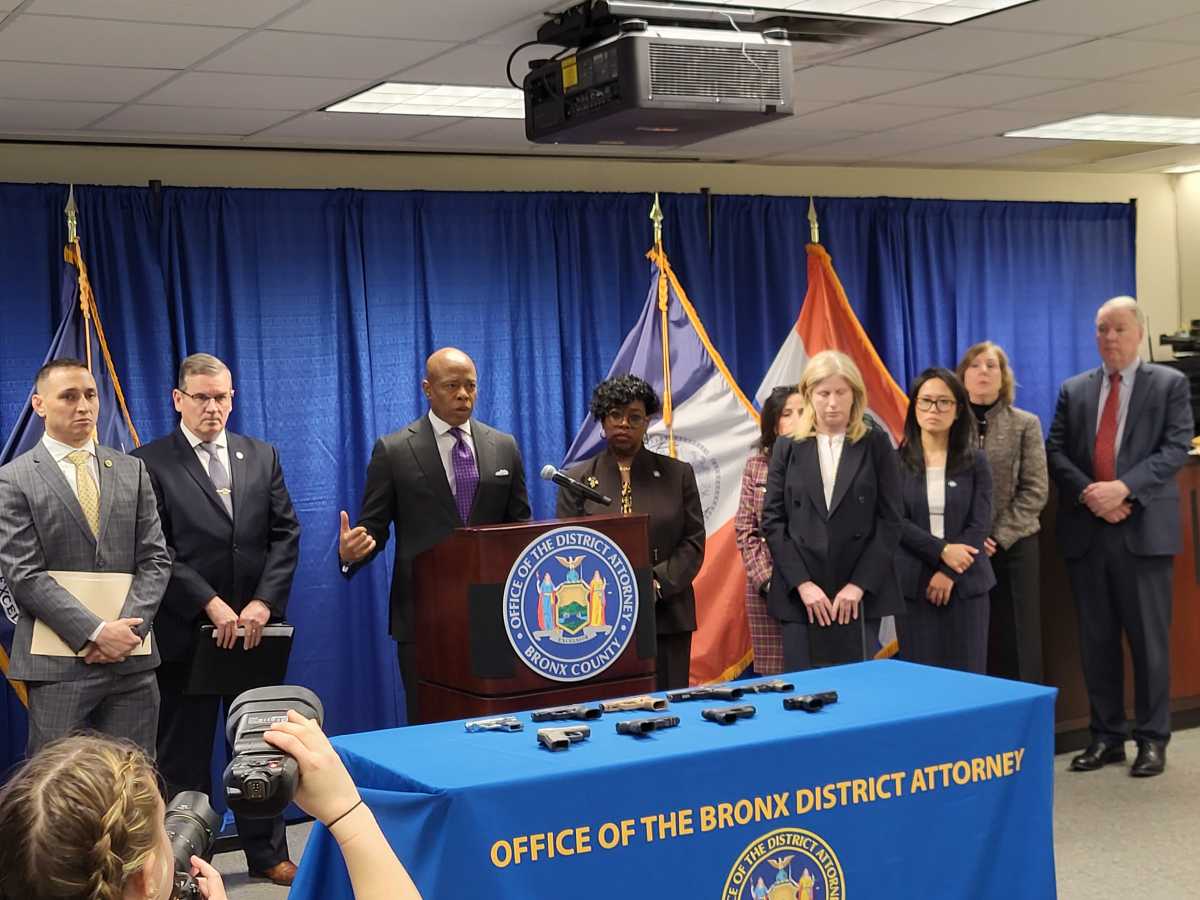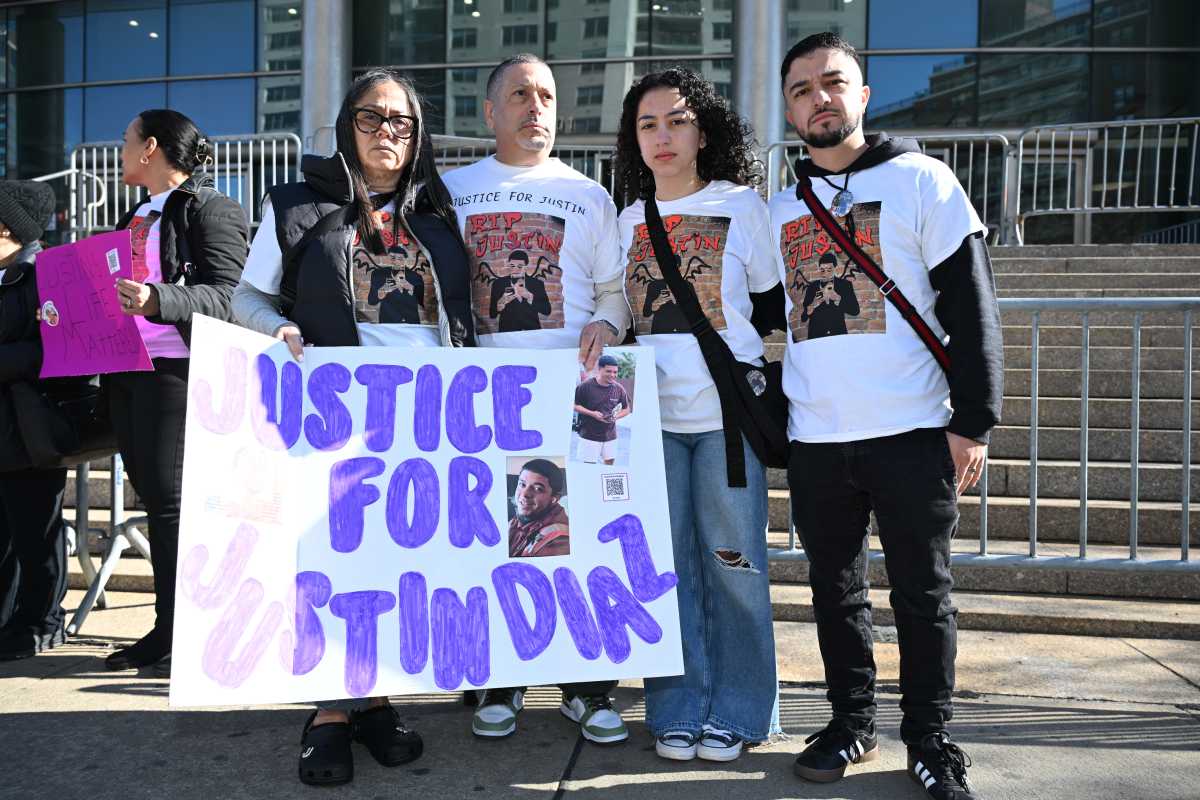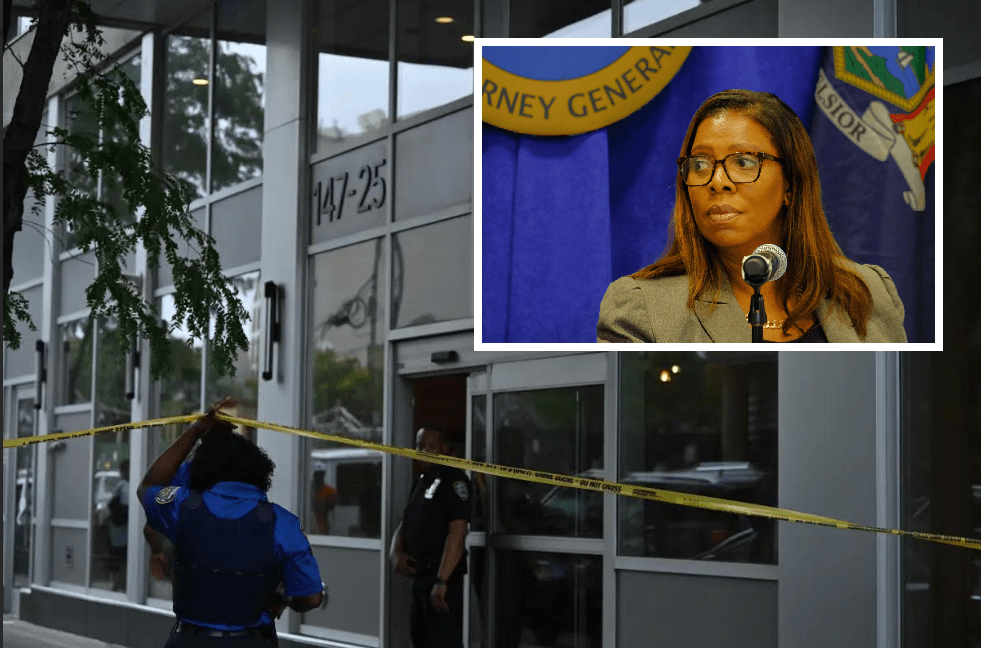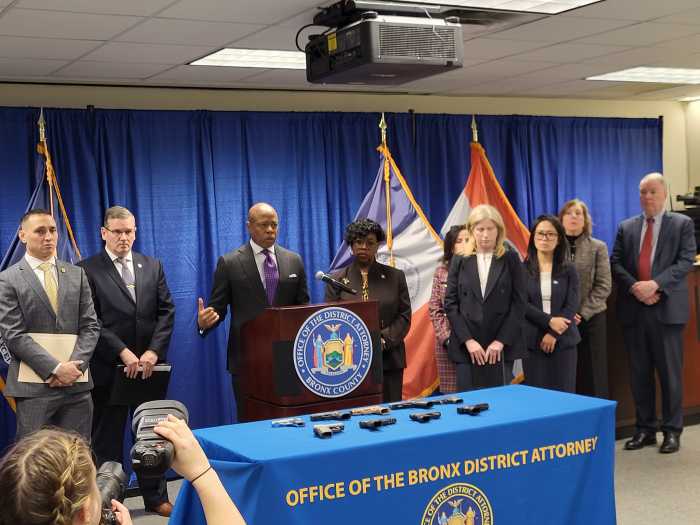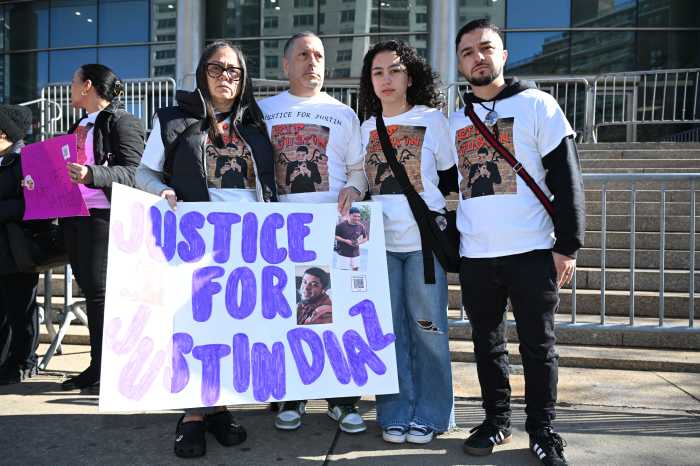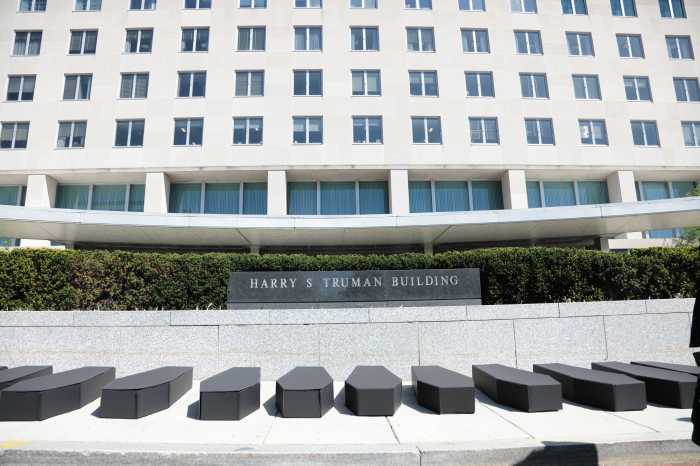New data shows that certain variants of COVID-19 are on the rise in New York City’s coronavirus cases.
According to the Health Department, during the week of March 15-21 variants represent over 70% of COVID-19 cases sequenced. The increase suggests that they are more infectious than previously circulating variants.
Five variants of concern have been detected in New York City, according to the New York City Public Health Laboratory (PHL) and the New York City Pandemic Response Laboratory (PRL). The variants that have been detected are B.1.1.7 (first identified in the United Kingdom), B.1.351 (first detected in South Africa), B.1.427 and B.1.429 (both first identified in California), and the P.1 variant (first identified in Brazil). Three additional variants, known as variants of interest, are also being monitored in New York City: B.1.526 and B.1.525 (both first detected in NYC), and the P.2 variant (first found in Brazil).
During the week of March 15-21, of the specimens sequenced by PRL, out of 698 cases 195 were B.1.526 with the E484K mutation (27.9%), compared to 20.9% the week of Feb. 22-28. The B.1.526 variant without the E484K mutation was 15% of cases, or 105 total, compared to 18% during Feb. 22-28. The E484K mutation has been found in several variants and may enable the virus to evade certain antibodies.
Of the sequenced cases, 26.2% were B.1.1.7 (183 out of 698 specimens) during March 15-22 compared to 11.9% sequenced Feb. 22-28. The remaining variants make up smaller percentages during that week, with B.1.351 at 0.3% (2 cases), B.1.429 at 1.1% (8 cases), B.1.427 at 0.7% (5 cases), B.1.525 at 0.3% (2 cases), P.1 at 0.6% (4 cases) and P.2 at 0% (0 cases).
The information on COVID-19 variants in NYC is updated weekly by the Department of Health. For national figures, see the CDC’s US COVID-19 Cases Caused by Variants.



